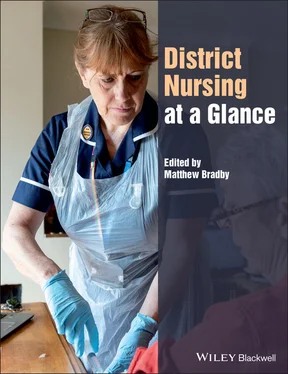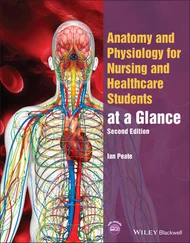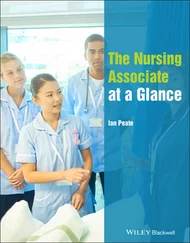Clinical simulation also plays a part in supporting preparation for clinical learning, giving students the opportunity to practise skills and ‘make mistakes’ in a safe environment, which would not be acceptable within clinical practice. Participating in community clinical simulation learning prior to going out into clinical practice allows the learner to be more aware of the role of decision‐making and problem‐solving skills, through reflection and debriefing, and to recognise environmental cues which will support the learner to contribute to holistic assessment in practice.
This final element in the learning triad has a crucial role to play in ensuring a positive learning experience for students and practitioners. Acting as a supervisor and role model is fundamental to nursing practice and is recognised as a role for which there is a formal preparation process. Learners in the community setting need to be supported by an identified member of the clinical team and their goal is to empower students to have the confidence to take responsibility for their own learning.
Establishing a trusting working relationship between the student and clinical placement supervisor is fundamental to achieving a meaningful learning experience ( Table 3.1). The community setting provides excellent opportunities for the development of interpersonal relationships as work is very much one‐to‐one, both with patients as well as when working closely with mentors in the home setting.
4 Providing student placements in the community
Irene Cooke, QN and Deborah Haydock, QN
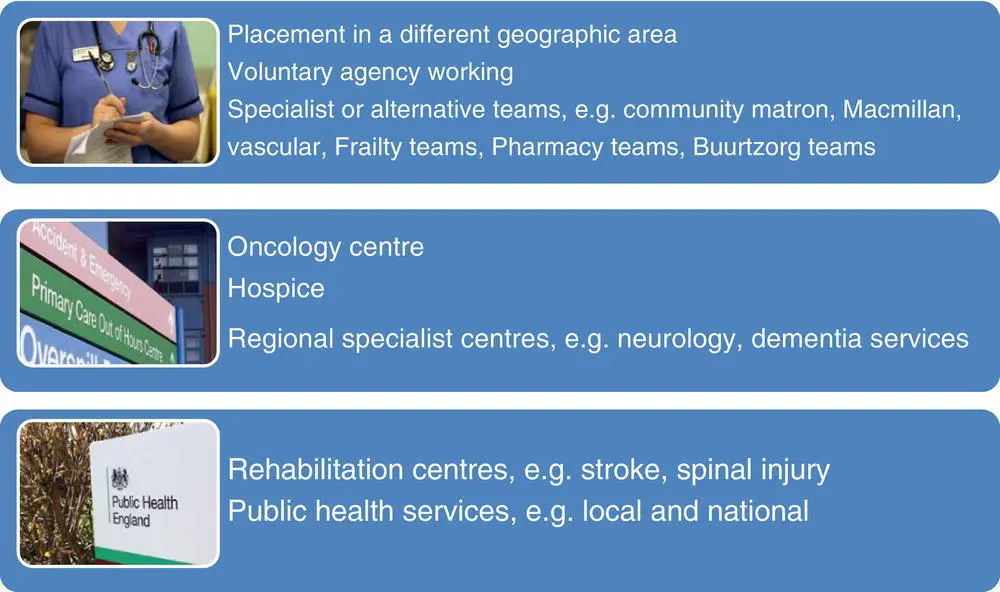
Figure 4.1 Examples of alternative practice placements.
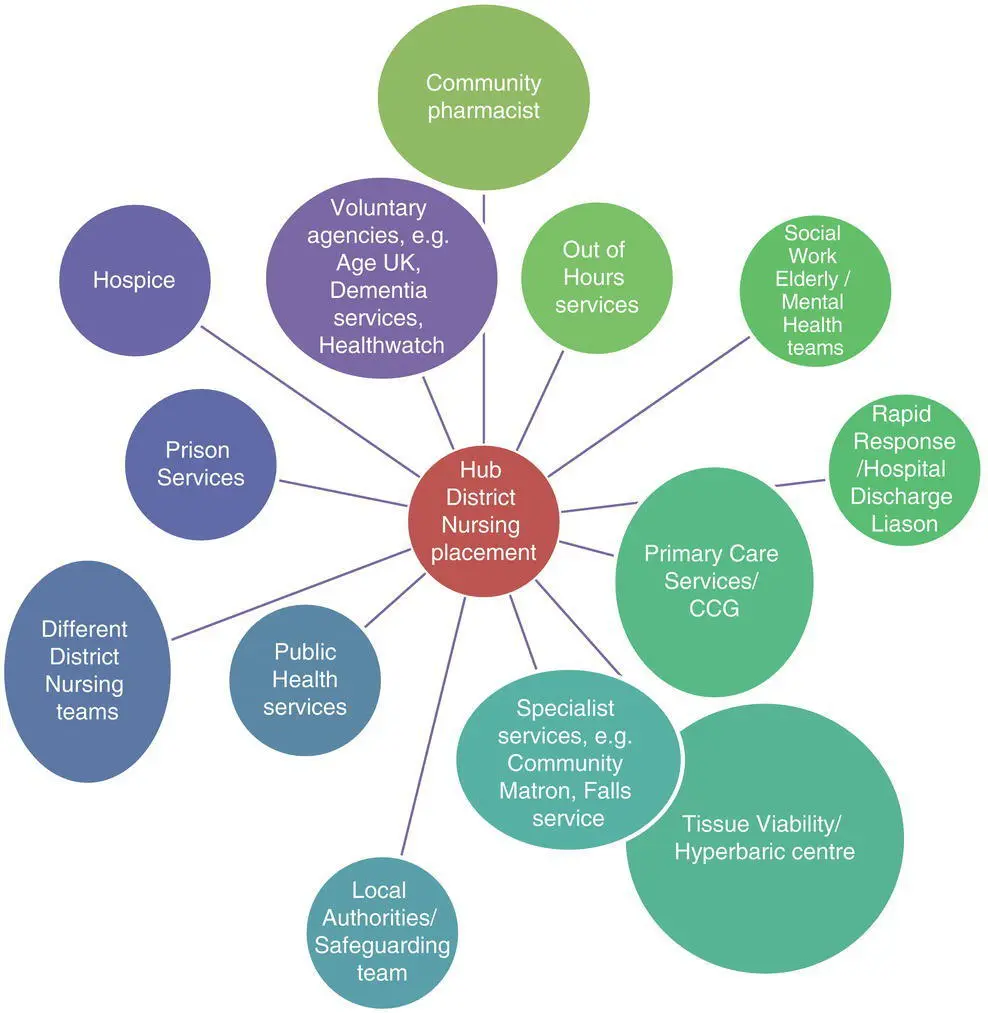
Figure 4.2 Examples of ‘hub and spoke’ practice placements.
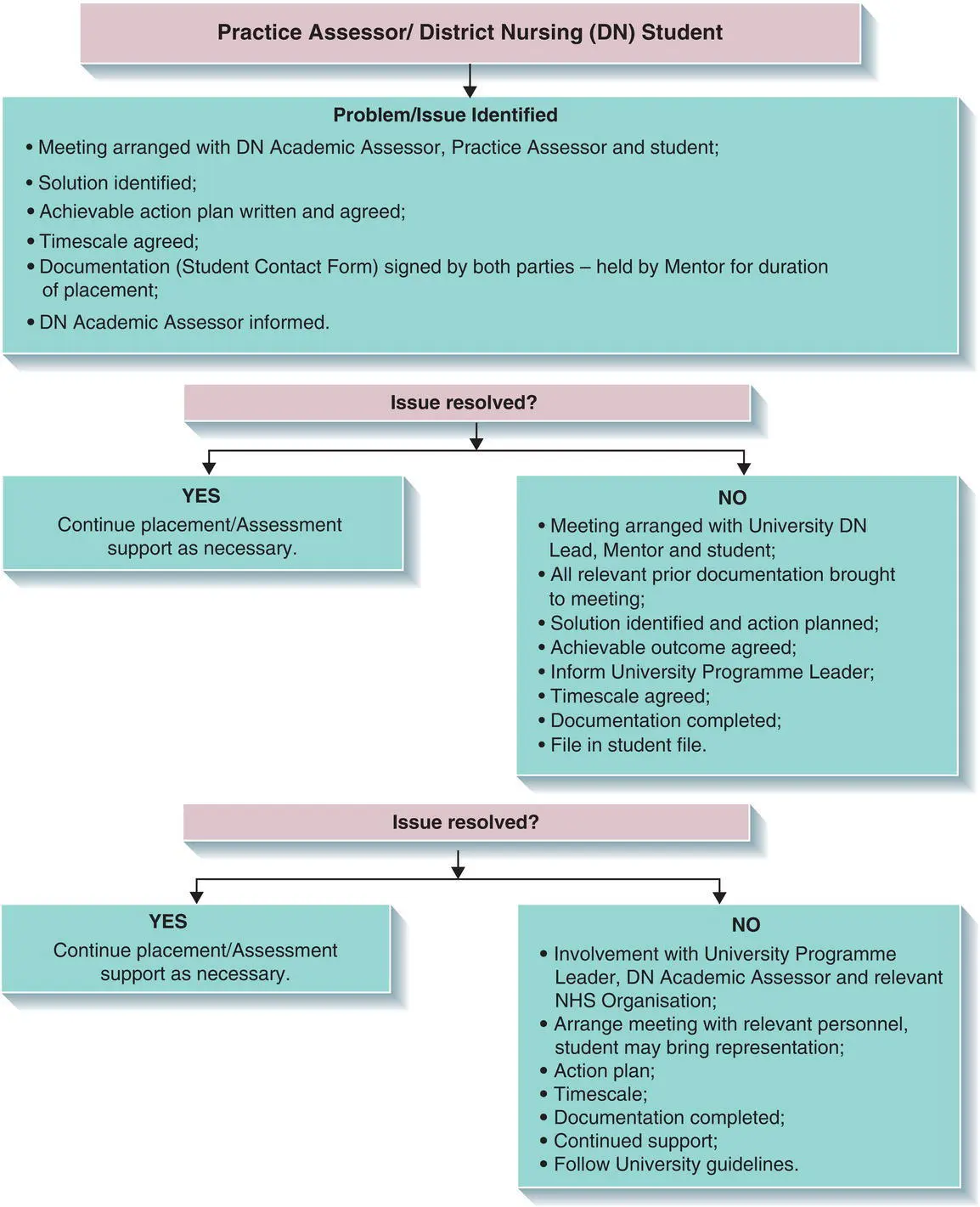
Figure 4.3 Guidelines for issues arising in practice placements.
District nursing students undertaking the specialist practice community programme must demonstrate higher levels of judgement, discretion and decision‐making in clinical care. There are four key domains of specialist practice:
Clinical practice
Care and programme management
Clinical practice development
Clinical practice leadership.
The educational curriculum for the district nursing programme must be based upon these four key domains, which must be achieved within theoretical modules and practice over a minimum of 32 weeks. The purpose of the practice placement is to ensure that students are exposed to Nursing and Midwifery Council (NMC) core and specialist competencies through individualised bespoke placements, which enables students to safely practise and achieve competency and autonomy in their professional programme. The NMC (Nursing and Midwifery Council, 2018b) set out the expectations for the learning, support and supervision of students in the practice environment, including how students are assessed for theory and practice. All students on an NMC‐approved programme, including district nursing students, must be supervised in practice by an NMC‐registered nurse who understands the proficiencies and programme outcomes they are supporting students to achieve. In addition, all students on NMC‐approved post‐registration programmes are assigned to a nominated practice assessor in accordance with relevant programme standards. The higher education institution (HEI) is also responsible for allocating a nominated academic assessor who works in partnership with the practice assessor to evaluate and recommend the student for progression, in line with programme standards.
Students must document their learning within practice using a practice portfolio, as this is the vehicle for practice assessment for the duration of the programme. The practice portfolio should be developed throughout the duration of the programme. The portfolio should be used to guide and structure the students learning in practice, providing the opportunity for the student to work closely with their practice assessor and practice supervisor in order to identify learning opportunities that will meet agreed NMC competencies.
Regular meetings between the student, academic assessor and practice assessor/practice supervisor are essential for successful practice portfolio development. Meetings should occur at specified times within the programme, such as an initial meeting, mid‐point and a summative meeting. The portfolio is as important as theoretical assignments as it provides evidence that supports the assessment of practice. Evidence must be provided for each of the four practice assessment domains, and all competencies must be successfully met. The practice portfolio should act as a medium for critical discourse between student, practice supervisor, practice assessor and academic assessor.
Placements should provide exposure to a range of learning opportunities. This may be achieved through the use of the ‘hub and spoke’ model, which can be adapted to local need, whilst building upon students’ prior knowledge, skills and experience. An alternative practice placement of a minimum of one week is suggested as good practice to enable the student to experience geographic differences in service delivery and a range of specialist services ( Figure 4.1).
Both strategies enhance the students’ knowledge and skills and their understanding of inter‐professional and multi‐agency working. The district nursing team where the student is placed is the ‘Hub’ and this is the focus for the majority of the learning: the student would be exposed to the key domains of clinical practice, care and programme management, clinical practice development and clinical practice leadership. The ‘Spoke’ provides eclectic and individualised learning opportunities. Finding new ways in which to engage with the voluntary sector, support patient choice and sharing leadership with patients will be an increasing focus as district nurses find themselves involved in new care delivery models. Spoke placements with charitable organisations may prove significant in understanding how communities empower groups ( Figure 4.2).
User centrality is pivotal in the NHS strategy, and involvement of service users in healthcare improves partnerships, access to services and better service planning. Practice assessors and practice supervisors should identify patients or client groups with whom the student has contact, and ask them to complete user feedback on the student’s performance. Service user feedback should be sought at least once during each semester. This should act as a catalyst for discussion between the student, practice supervisor and practice assessor.
It is strongly advised that a placement contract is formulated between the student and the practice supervisor and practice assessor, as this may prevent problems arising in practice and can assist in the development of learning opportunities. Contracting ensures a structured approach to meeting the programme learning outcomes, allowing for negotiation and the development of a student‐centred placement experience that fosters professional development. The contract also facilitates realistic planning and the setting of achievable goals. Regular review of the contract allows for formative assessments and action plans to be revisited and changed as required. Occasionally there may be issues in practice and these need to be monitored and concerns actioned ( Figure 4.3).
Читать дальше
